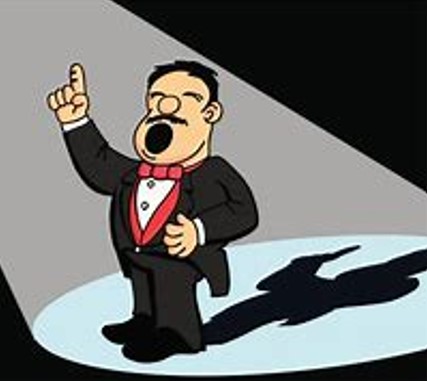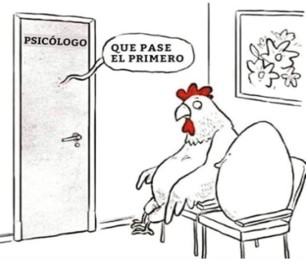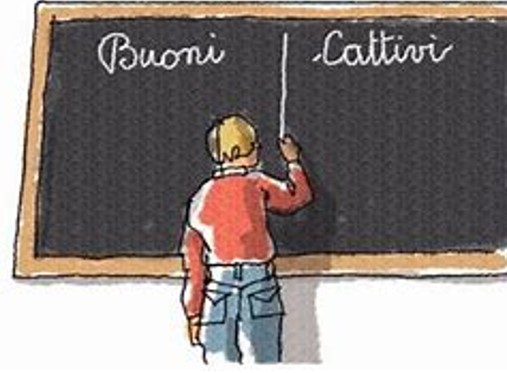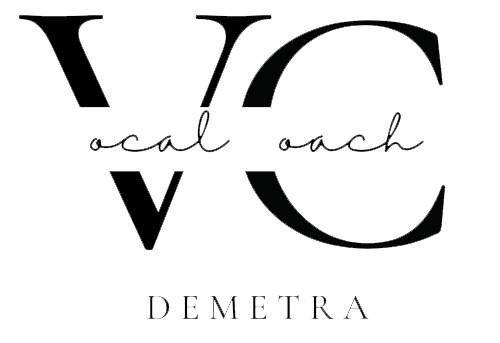How to find the right vocal coach
CAUTION!

I’m about to discuss a topic that’s delicate, divisive, controversial and of common interest all at the same time!!
Opera or modern vocals?
It’s sensible to say that you should find yourself an opera trainer if you want to sing opera and a modern singing trainer if your aim is to sing modern music. .
But what about instructors who offer both?
Can they be trusted at all?
Here’s my attempt at bringing some clarity to this intricate question.
Pride & Prejudice
Even though it’s not always the case, you’ll often find that:

1: opera singers look down on anything not strictly classical and perceive it as being trivial, futile, not at all sophisticated or worthy to be considered anything but common entertainment for the masses.
That’s not singing, that’s shouting!
Anyone can sing with a microphone!
(I can’t think of a more snobbish behaviour!)
That is until opera singers find themselves being penniless and start training people to sing the same pop ballads they used to despise so much – when this happens, they live this experience with shame and make sure no one ever finds out.

2: Being broke is, alas, a widespread feature of people in the music industry. Therefore, modern singers or vocalists try to protect their market niche by telling everyone that an opera singer will never be able to teach them the right technique for modern singing which requires a whole different set of skills that they and only they can familiarise students to. In an attempt at making this sound credible, a whole array of vocal teaching methods emerged as well as novel psycho-physical bogus theories on how our voice works.
So, who’s right?
I know I’ll upset a lot of teachers by saying this – but, well, neither!

Did technique originate before or after music as an art form? A classic chicken and egg situation…
I’d rather define technique as being synergetic with the strive for an aesthetic result or as a solid tool to achieve that aesthetic result.
“Being in command of your technique helps achieving maximum results with minimum effort”
(I’m sure my students must be fed up with this mantra by now!) (I’m sure my students must be fed up with this mantra by now!)-
-
Let us examine the influence of taste, aesthetics and cultural conditioning.
The re-elaboration of certain soundscapes, which change over time with the sounds of technology.The philosophical aesthetics that have developed over the course of history. The music that we listen to in our daily lives. These are all components that make us develop a certain taste and lead us, technically speaking, to seek out and use certain sounds to achieve a style that is familiar to us.
What do I mean?
If we listen to a lot of melodrama, an operatic approach to sound may arise spontaneously; if we listen to the dizzying runs of blues singers all the time, we may develop the technical ability to modulate sounds the way they do. The more attentive we are in listening, the more 'musical' we are, the more prone we are to such conditioning and to find a certain technical approach that fits our favourite style . -
I take the responsibility to say that pure vocal technique does not belong to any specific school, there are relatively few concepts that are slow to assimilate and must be taken into account throughout one’s career, from the first lesson to the final curtain (F. Sinatra, My Way)
It is the vocal coaching market that wants to convince us that there are different approaches, methods, techniques.
It’s obvious that, if one strives to reproduce the specific sound of a specific style, it will be necessary to have a different physical-anatomical approach, but styles and approaches do not exclude one another. It is not true that someone who was trained for opera cannot sing modern music and vice versa. This is only true if a singer is not familiar enough with a particular style and doesn’t know what kind of taste and vibe it implies – singers in this situation often sound ridiculous when they exit their comfort zone.
Can this be avoided? Yes, with a lot of studying!
But how do you recognise a good coach?

I’ll go about this the brutal way: I’ll divide vocal coaches into good ones and bad ones, taking into account obvious fundamentals of didactics, psychology and pedagogy (we will explore all this in future blog entries).
Bad coaches:
- badmouth your previous teachers
- tear apart other “schools" or "methods" trying to convince you that their method is the only one that works.
- assume that they are better than you (and rub it in your face).
- are jealous if a student outperforms them, rather than being proud
- have no idea how to find out what key a song is in
- are dismissiveof pianos or keyboards
- have no knowledge of musical theory, solfeggio, and harmony
- never admit their mistakes to students
Good coaches:
- speak respectfully (or don’t speak at all) about your previous trainers
- build on any pre-existent technique learned, and shape the learning process according to the specific needs of individual students
- try to discover their students’ potential and harness itas much as possible.
- do everything to ensure that their pupil surpasses the teacher
- are musicians as well as singers
- try to continuously improve vocally, musically, athletically, and didactically.
- don't hide their weaknesses from students; on the contrary, they use them as the starting point for exploring new grounds!
NOTE:
- Although experience in the field is very important, a younger coach isn’t necessarily less competent; on the contrary, he/she may have moreenergy, enthusiasm and desire to achieve results - but above all (never underestimate this!) he/ she might really need to work, and therefore wants his/her students to be satisfied and come back.
- Watch out for prices! In this field price doesn’t necessarily equal quality - of course there are exceptions to this rule, but there are many coaches who use their reputation to make a smallfortune and talk you into paying for ten lessons to tell you what they could’ve told you in 10 minutes. On the other hand, unknown and apparently B-list music schools from your local area may offer tuition by highly competent – and underpaid - musicians who’ll go out of their way to help you learn.
To sum up:
Besides specific skills (which normally improve as a coach gradually gains experience along his/her career), what really matters is the ability to empathise and communicate. If your old granny made you fall in love with music and you still remember the succession of notes in a scale the way she taught you …. then she is a great coach, no matter how unqualified she might have been!

Interessantissimo.
Visione assolutamente innovativa e intelligente.
Brava! 😀
Illuminante ! Grazie